'A Blatantly Oppressive Decision': KRG Blasts Baghdad Over Salary Suspension
Kurdish leaders denounce Baghdad’s suspension of KRG salaries as “oppressive” and “unconstitutional,” warning of rising tensions ahead of Eid. The move, seen as politically driven, may escalate into an international issue as calls grow for legal resolution and Kurdish unity.
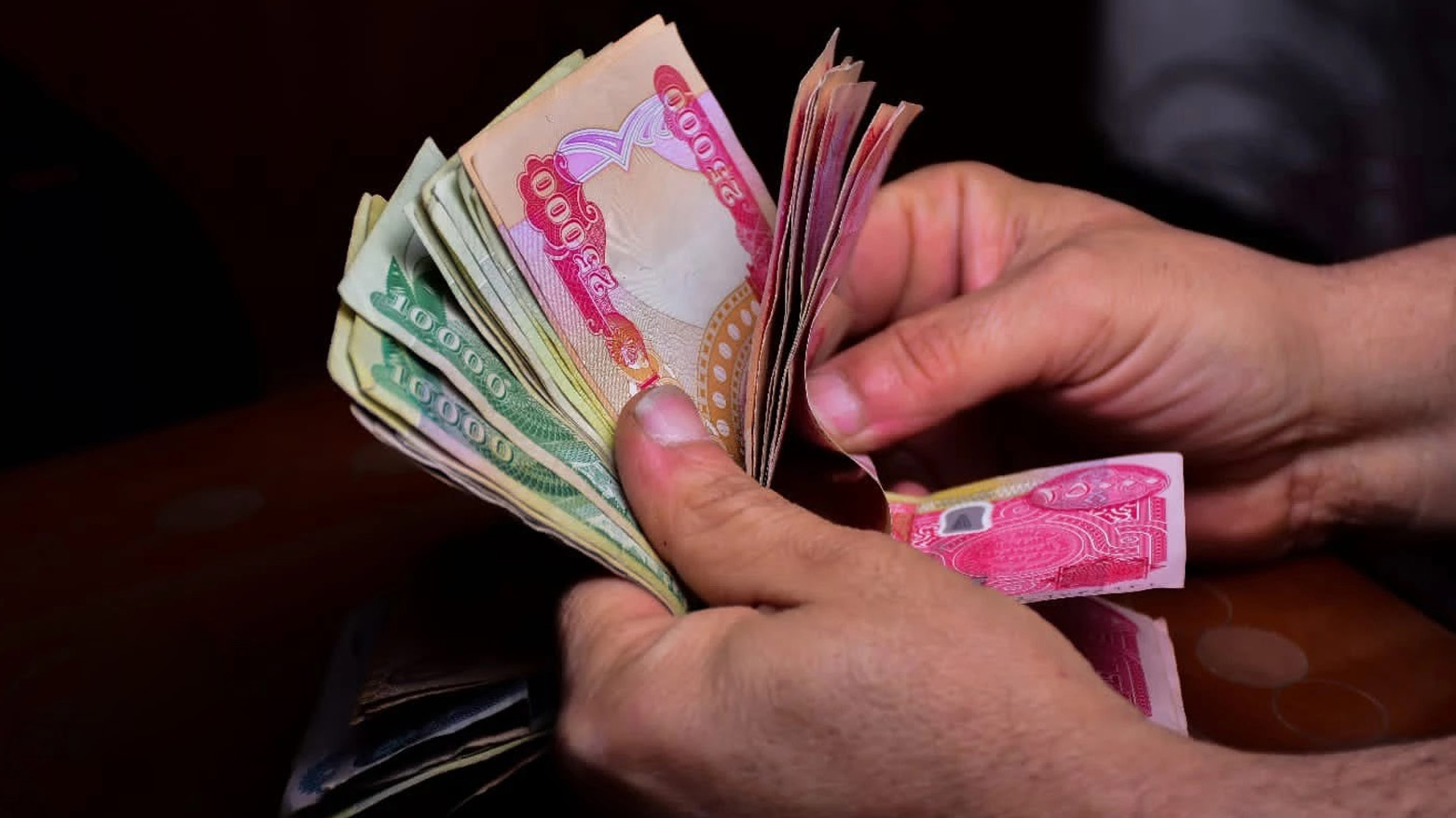
By Kamaran Aziz
ERBIL (Kurdistan24) – Senior Kurdish political leaders and officials have sharply condemned the Iraqi federal government’s decision to suspend the salaries of the public sector employees in the Kurdistan Region, labeling the move as “unconstitutional,” “oppressive,” and “politically motivated.” The decision, which came just a few days ahead of the Eid al-Adha, has triggered a wave of criticism and warnings of escalating tensions between Erbil and Baghdad.
“The Goal Is to Weaken Kurdistan”
On Friday, Hoshyar Zebari, a member of the Executive Committee of the Kurdistan Democratic Party (KDP)’s Politburo and former Iraq’s Foreign Minister, told Sky News Arabia that relations between the Kurdistan Regional Government (KRG) and the federal government have deteriorated significantly following the suspension of salary payments. He described the move as “a blatantly political and oppressive decision” that flagrantly violates the Constitution of Iraq.
Zebari emphasized that the decision was particularly damaging given its timing – just ahead of Eid – and asserted that it aims to create an economic crisis in the Region. “The goal is to weaken the Kurdistan Region,” Zebari said, warning that Baghdad is systematically undermining federalism.
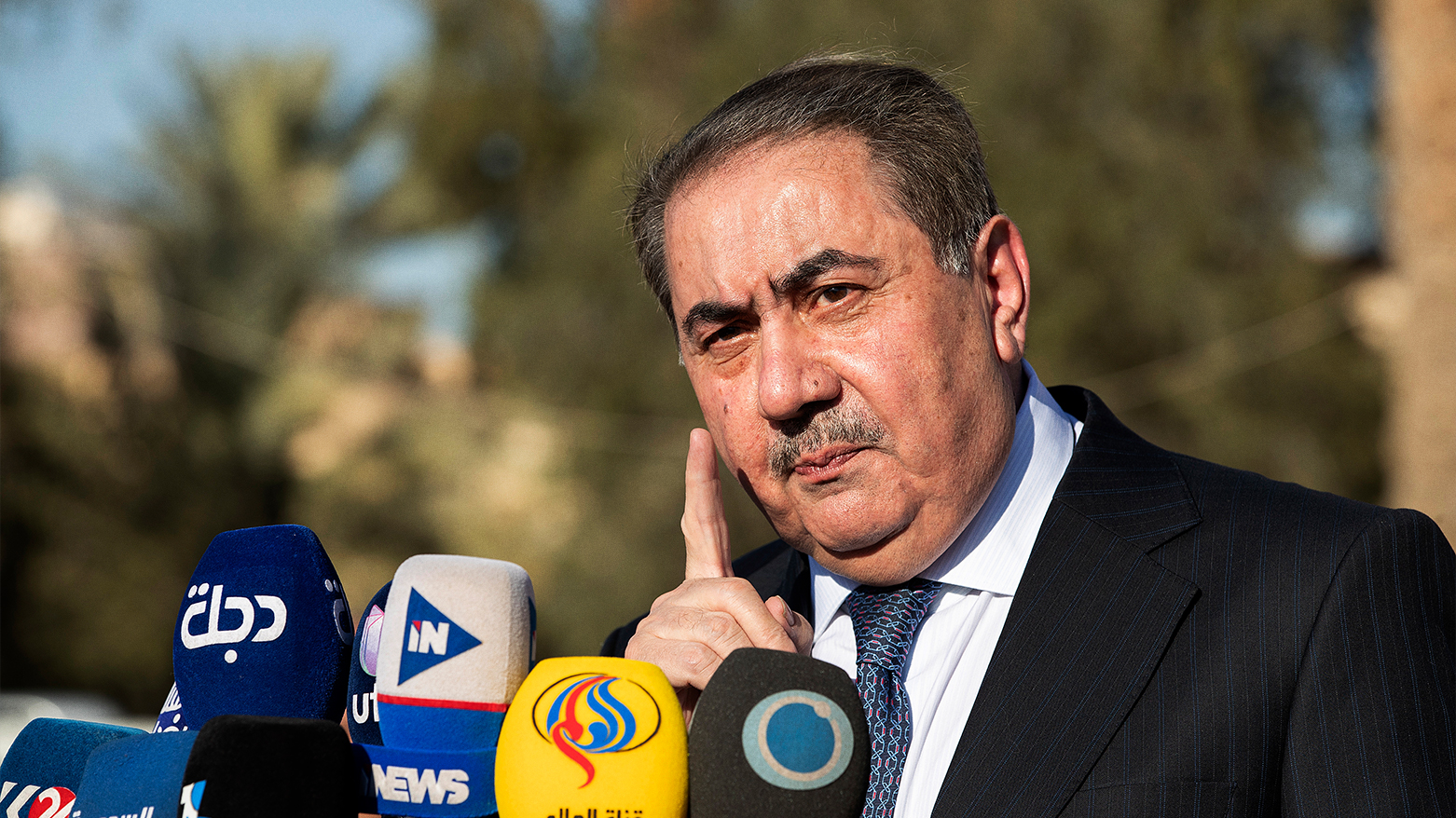
“This Is a Crime”
In a parallel statement, Bashir Khalil Haddad, former Deputy Speaker of the Iraqi parliament, declared the suspension of salaries a “crime.” Speaking during his Eid al-Adha message, Haddad urged all Kurdish political factors to present a unified front. “Under no circumstances should the people’s sustenance be entangled in political disputes,” he said, calling for collective pressure on Baghdad to ensure a permanent solution to the salary impasse.
The current crisis began on Wednesday, May 28, 2025, when Iraq’s Finance Minister Taif Sami informed the KRG through an official memorandum that the federal government would not disburse salaries for the month of May. The rationale cited was that the Kurdistan Region had exceeded its allocated quota under the Federal Budget Law, which was in line with a recent ruling by the Federal Court.
In response, the KRG Council of Ministers issued a strong statement the following week on June 4, denouncing the decision as “unconstitutional and illegal.” The KRG accused Baghdad of exploiting legal framework for political ends, describing the move as a direct punishment of the Kurdish populace. “There is no legal; justification for suspending public sector salaries in the Region for the coming eight months,” the Council warned.
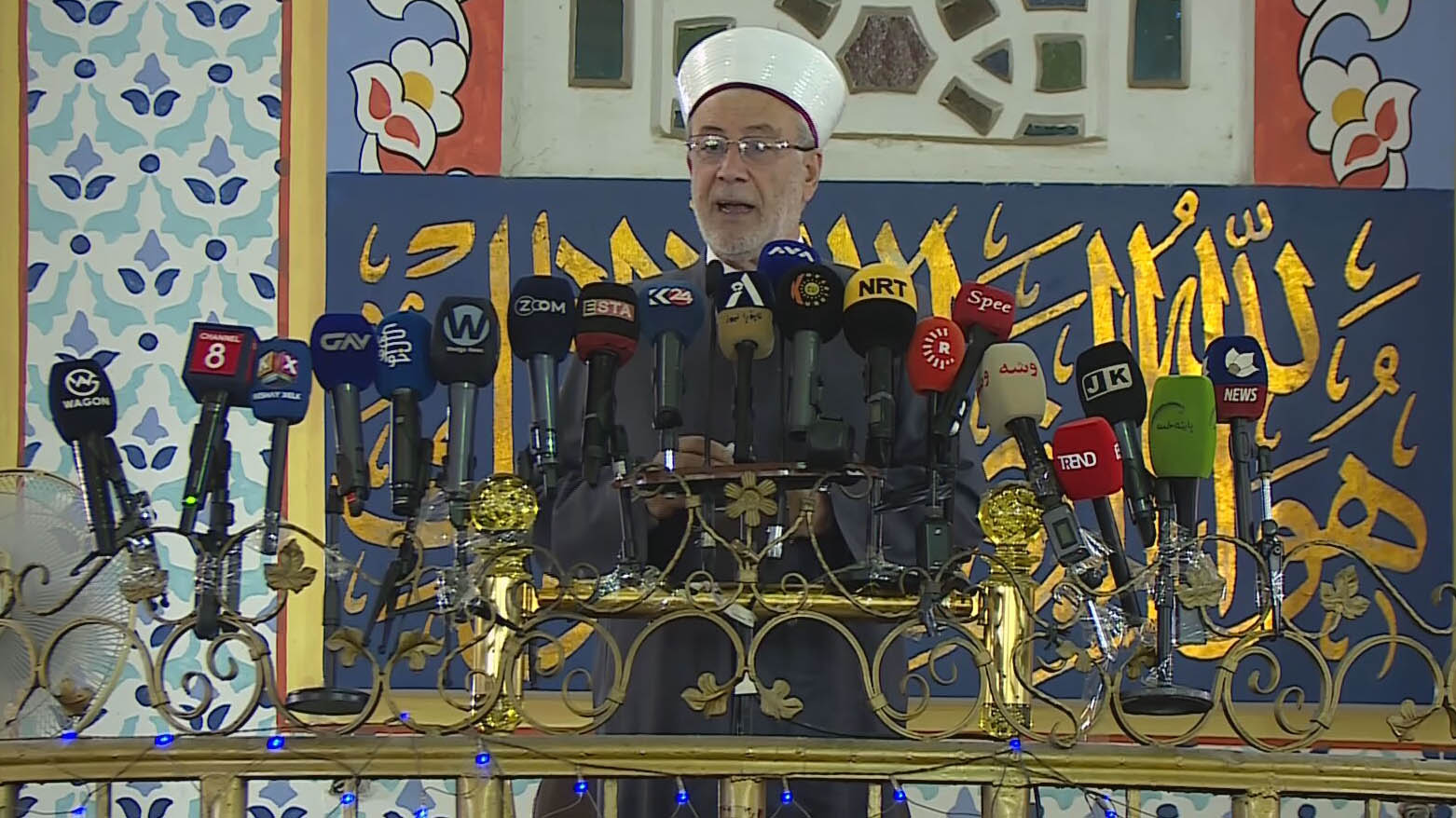
“It Will Go International”
Erbil Governor Omed Khoshnaw echoes these sentiments in a June 6 press conference, asserting that Baghdad’s treatment of the Region reflects a decades-old policy of oppression. “Despite the Region’s full compliance with its obligations, Baghdad continues to impose punitive measures,” he stated. Khoshnaw noted that since 2004, Iraq has repeatedly failed to honor the constitutional agreements concerning the Region’s financial entitlements.
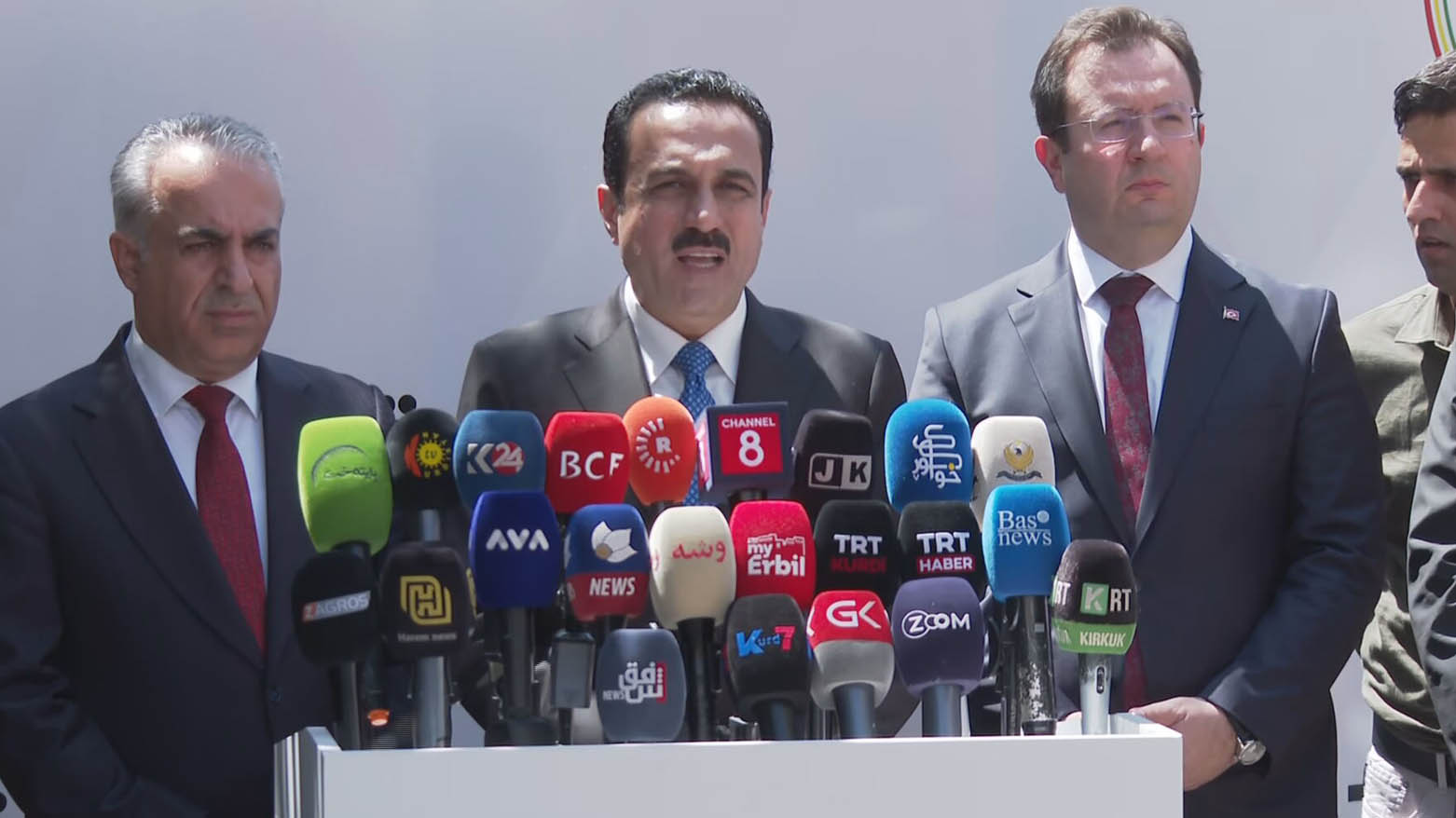
Awat Mustafa, a senior figure in the Barzani Charity Foundation (BCF) and head of its European and American relations, warned that the situation is spiraling toward internationalization of the issue. Speaking to Kurdistan24 on Saturday, he stated, “If the Iraqi government does not swiftly address the salary issue, it will undoubtedly become an international concern.”
Awat Mustafa emphasized that Iraq must urgently find a practical solution; otherwise, greater international pressure will be applied. He noted that ordinary citizens are not engaged in any political lobbying on behalf of Kurdistan, and that what is unfolding now is a form of advocacy aimed at defending the rights of the Kurdistan Region’s people.
He also added that international media have begun to focus heavily on the issue, with widespread criticism directed at the Iraqi government. “This is not just an ordinary situation,” he stated. “The timing is critical, and the issue is gaining momentum as a tool of international pressure on the Kurdistan Region.”
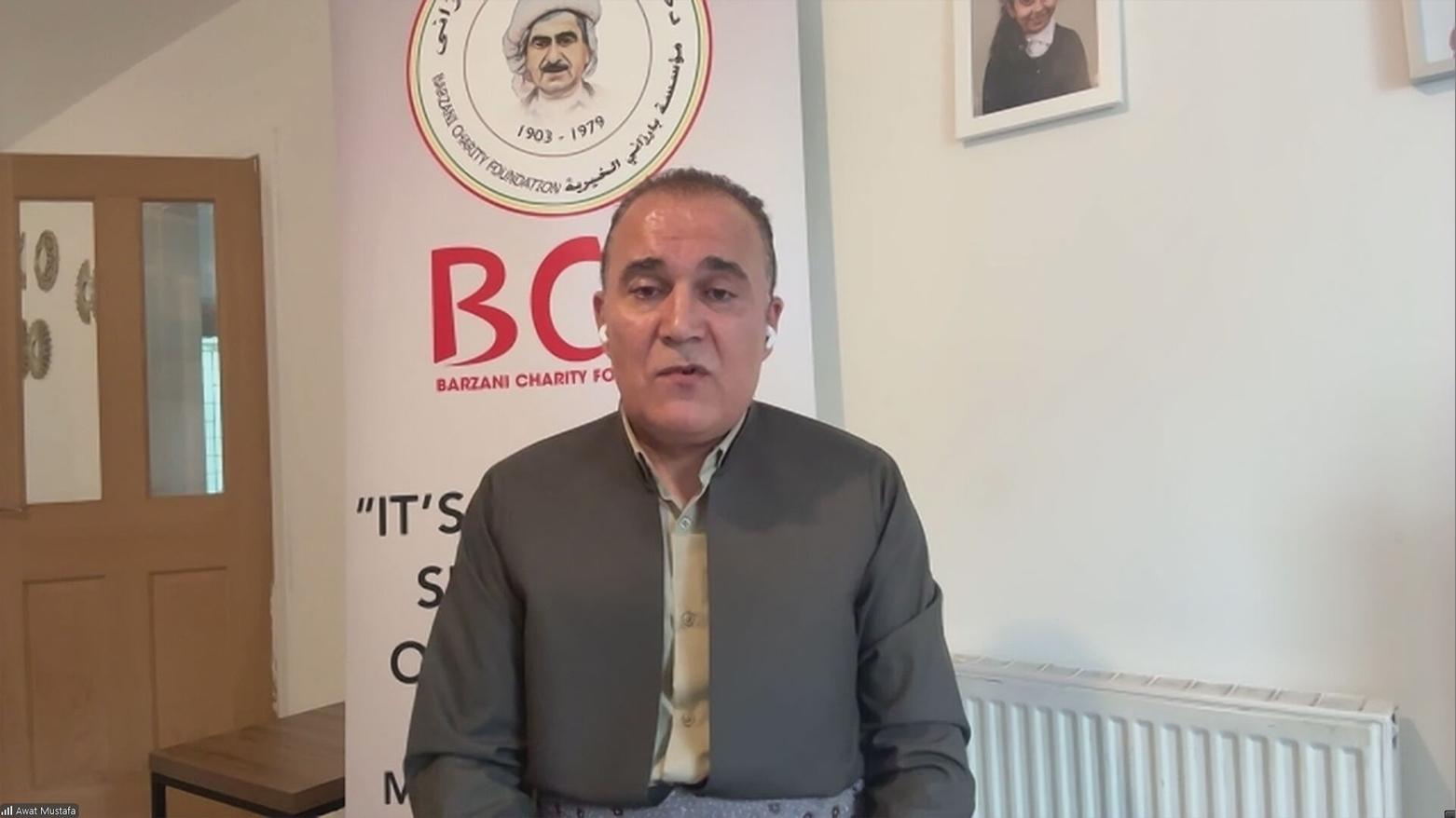
Kurdistan Filling Iraq’s Void?
Political analyst Sherwan Shamirani went further, suggesting that the Shiite Coordination Framework is targeting the Kurdistan Region out of fear of losing control in the upcoming elections.
“Their approach is clear,” he said. “They want to punish the Kurdistan Region again. Through their actions, they seek to ‘tame’ the Region—to make it obedient, to bring it back into submission. They want to find out whether, over the past four years, the Kurdistan Region has pursued an independent foreign and economic policy, and whether it remains aligned with Iraqi centralism or not. Both of the Region’s policies—foreign and economic—are moving in a direction that aims to replace Iraq.”
He added: “In many parts of Europe and the United States, Iraq is no longer considered strategically necessary, because the Kurdistan Region has effectively filled Iraq’s role. The Region now occupies that strategic and geopolitical space, both regionally and internationally.”
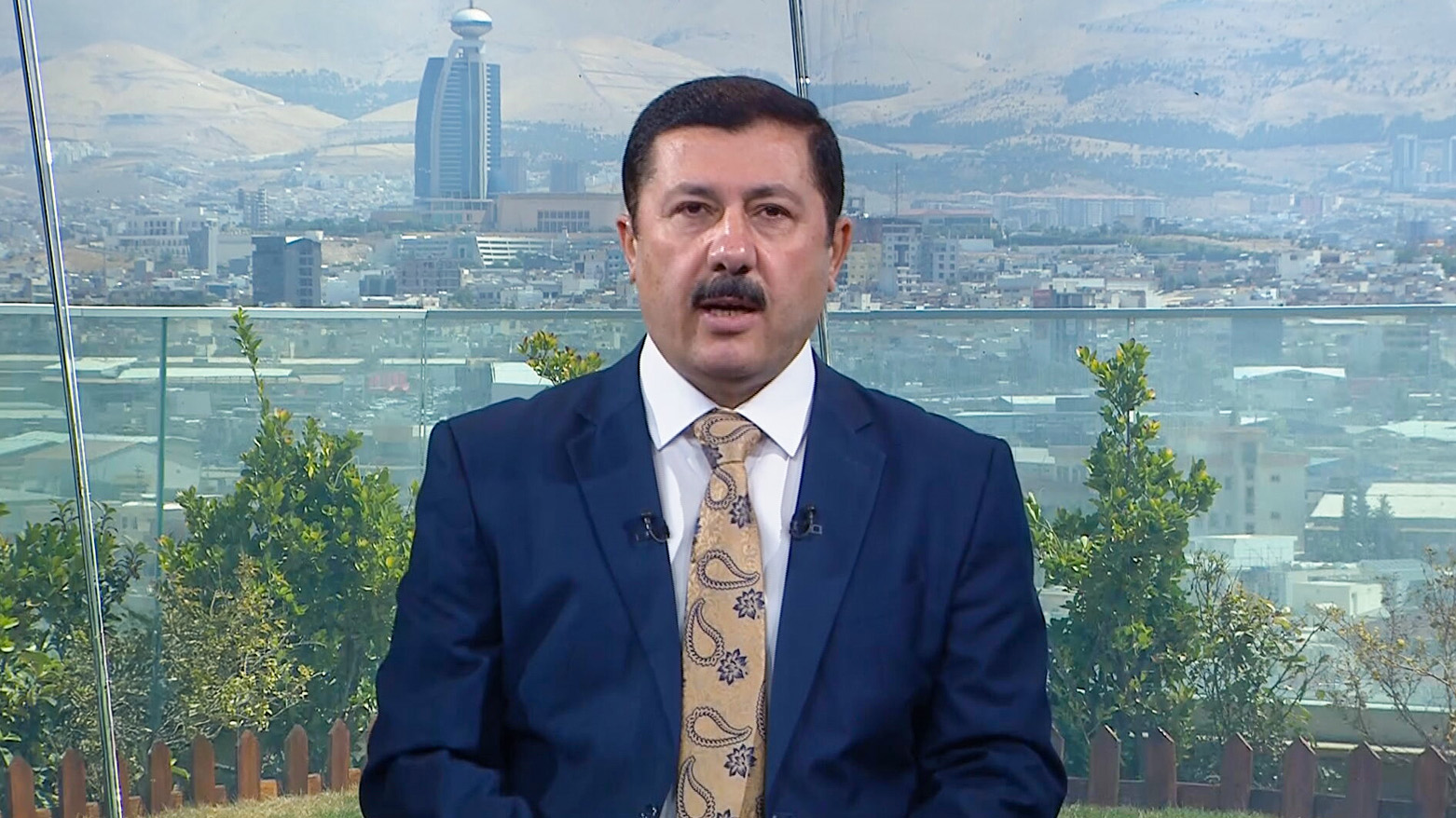
Shamirani also stressed, “If we think in terms of Kurdistan as a nation, then what the Kurdistan Region is doing is right. We must recognize the nature of this crisis: Baghdad believes that the Kurdish political forces act like an opposition and are not loyal to the state. Baghdad now knows what it wants, but the more important question is: how do we respond, and how do we manage this situation? What internal and international support can we count on in this confrontation?”
He went on to say, “We reached the level of holding a referendum, but we had no meaningful regional or international support. Today, however, that support exists—but within the framework of Iraq. If we deal with the current situation legally, the clearest legal solution is to pass the Oil and Gas Law. But the Shiite parties do not want this law to be passed—neither now nor in the foreseeable future.”
Sherwan Shamirani further noted: “Mohammed Shia al-Sudani, Iraq’s Prime Minister, assumed office through a parliamentary mandate. One of the key points in his mandate was the passage of the Oil and Gas Law. To this day, it has not been implemented. No Kurdish MP or official has questioned him on this. If this law were passed, it would provide a lasting solution to the disputes between Baghdad and the Kurdistan Region and could even pave the way toward Kurdistan’s autonomy through legal means.”
As tensions mount, Kurdish leaders are urging national unity and international awareness, warning that unless Baghdad reverses course, the crisis could permanently damage federal relations and further destabilize Iraq’s already fragile landscape.
